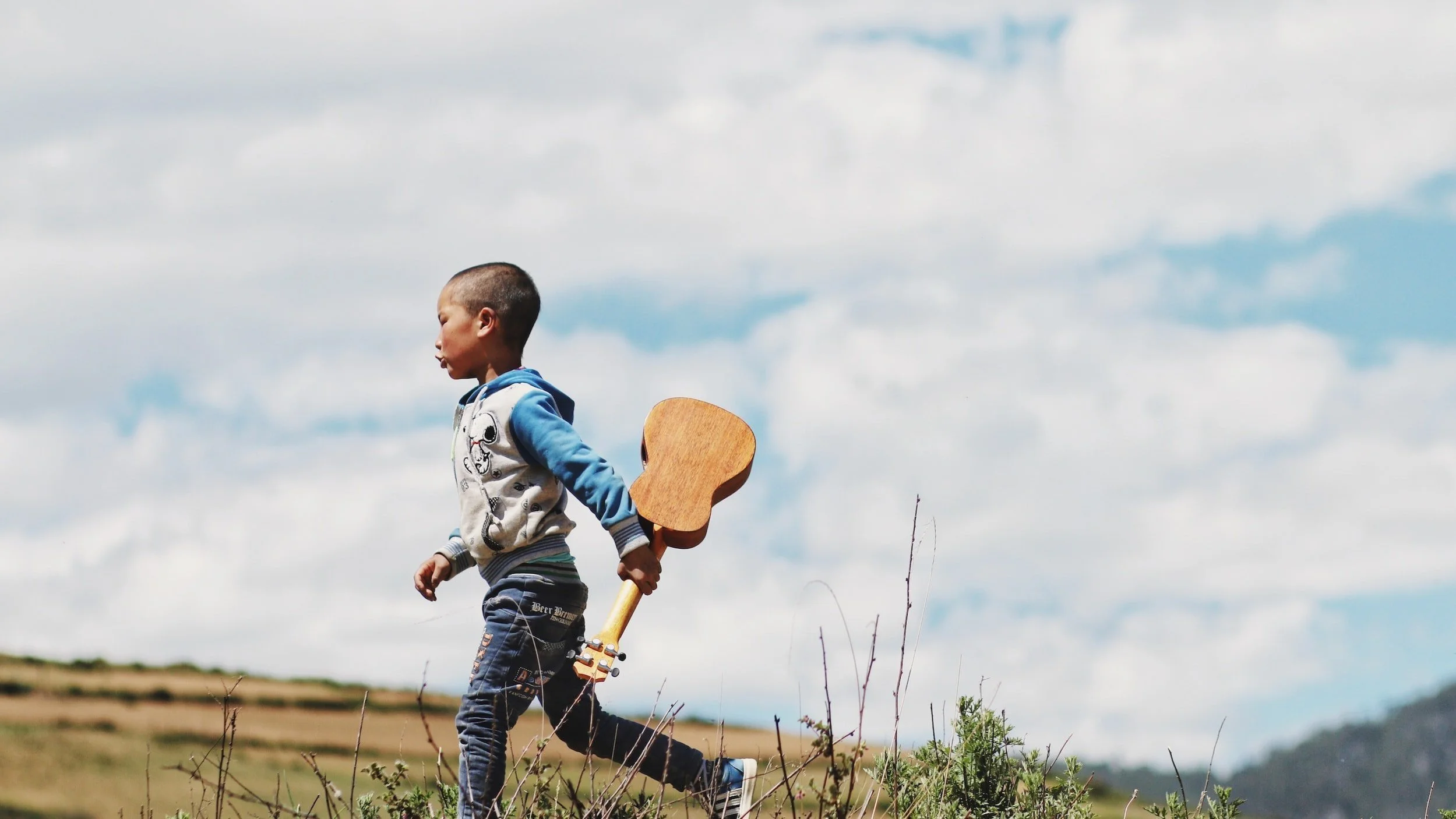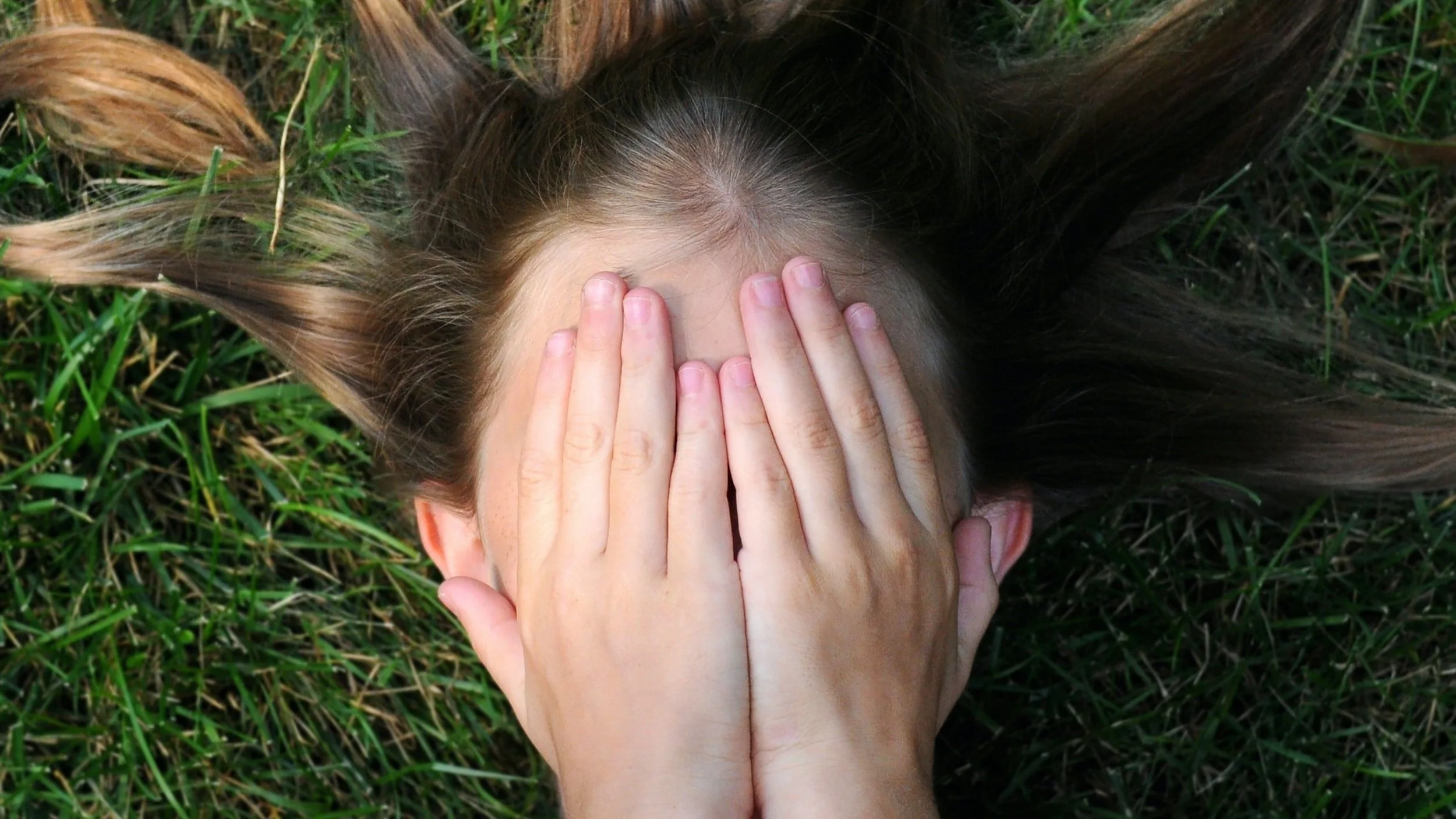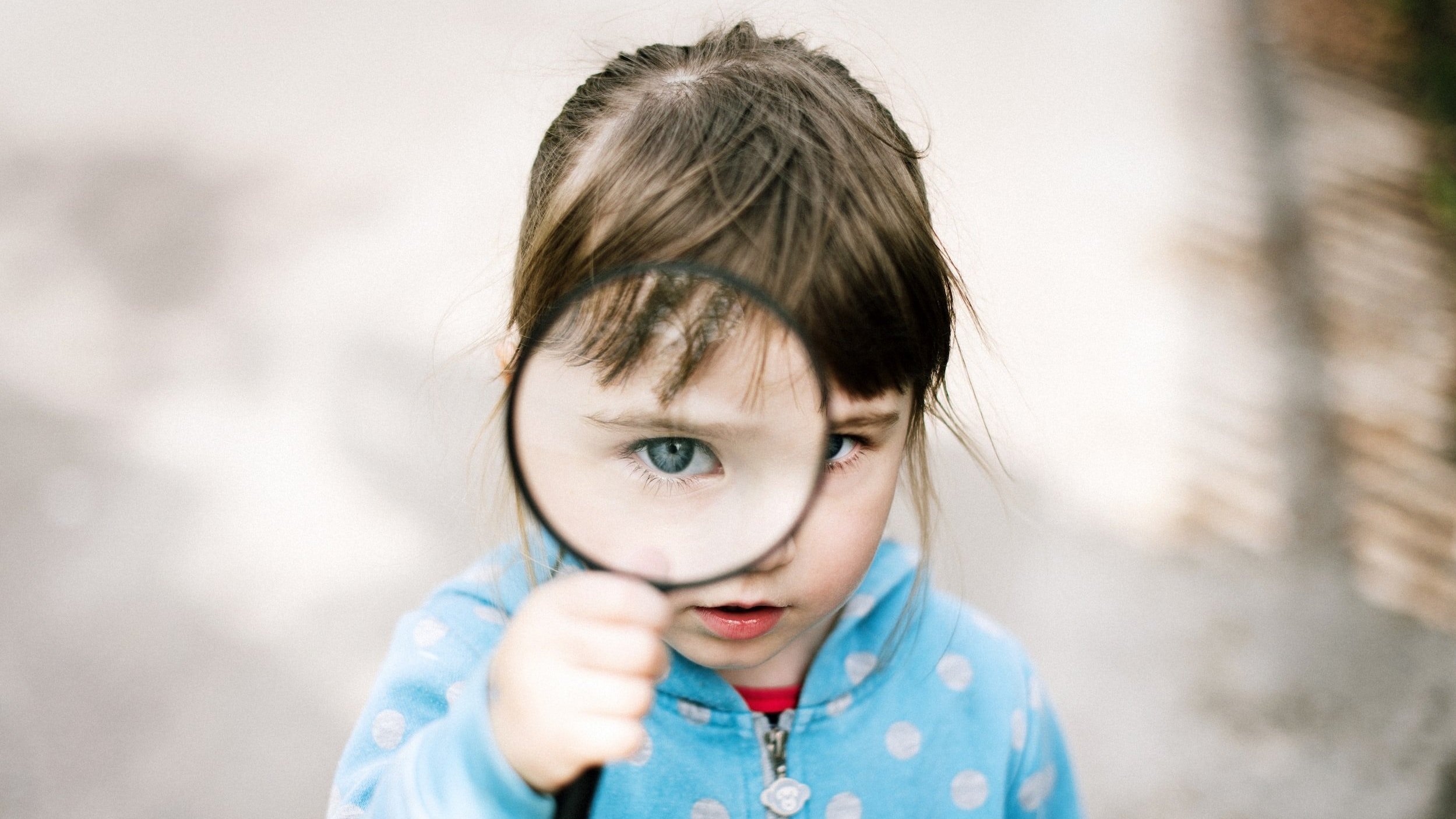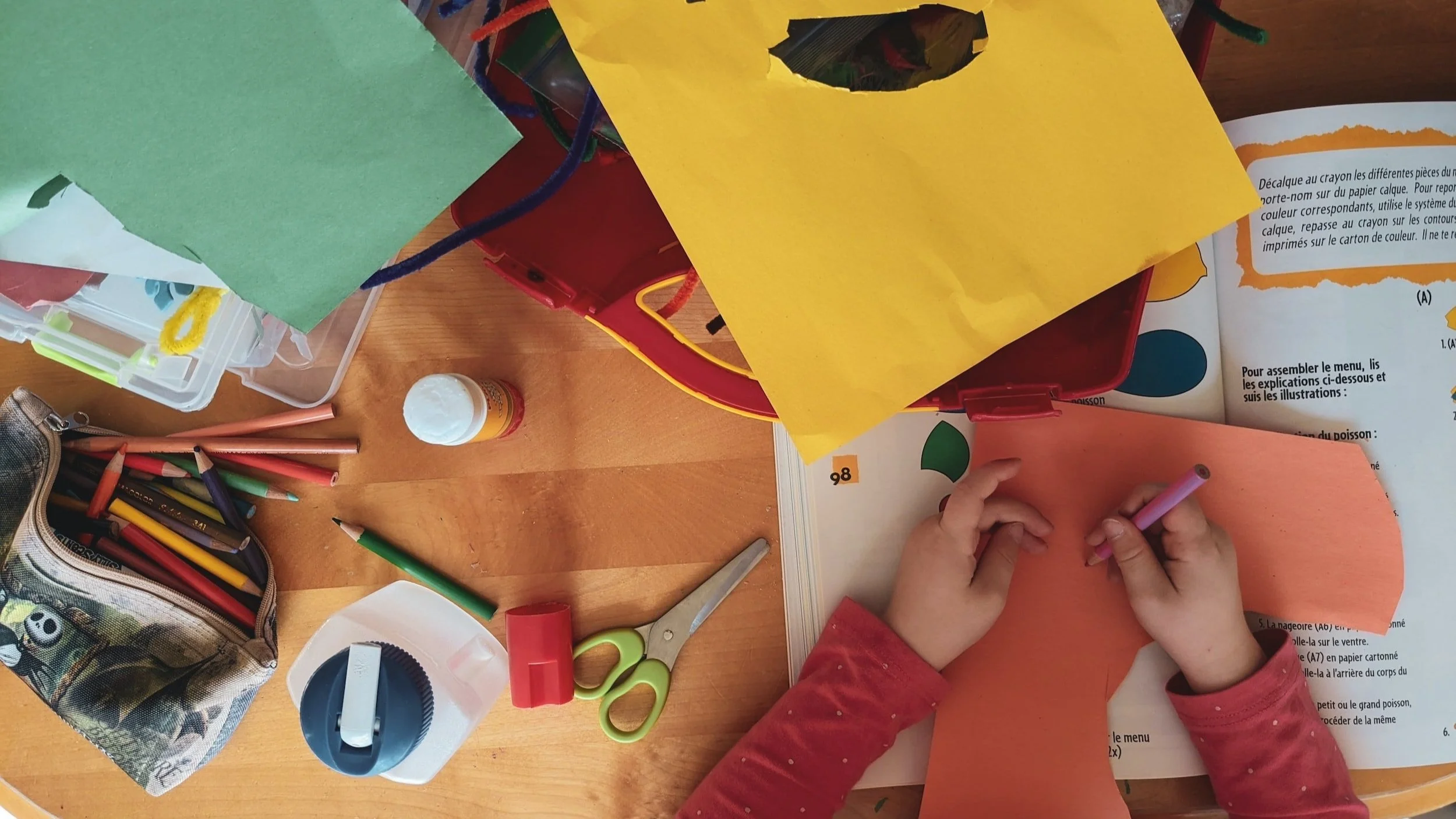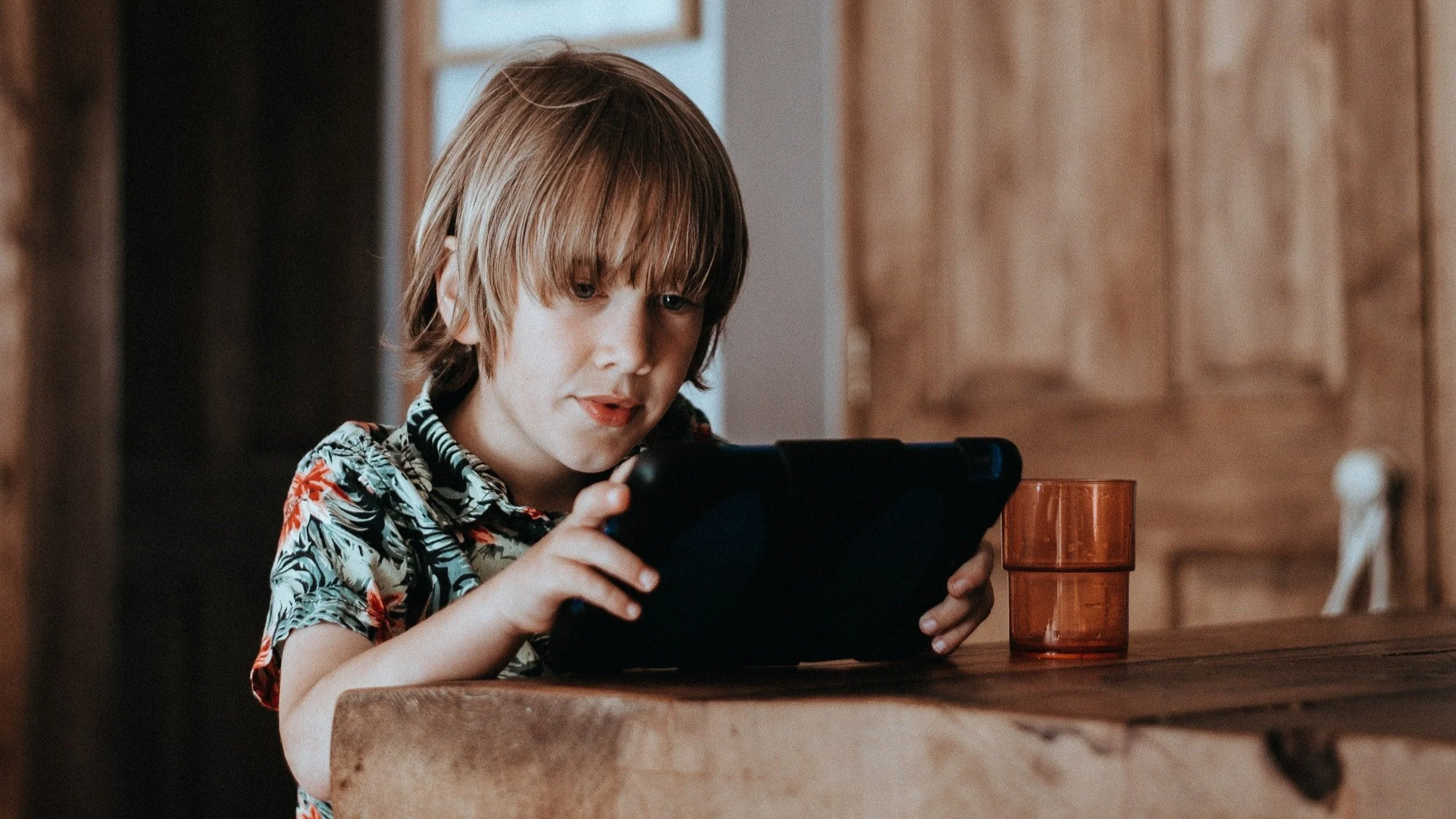Life’s Not Fair, But It Does Bring Some Amazing Big Questions.
Instead of simply telling a child “Life’s not fair”, why not start a dialogue, and encourage some critical thinking? Here are some ways in:
Big Questions To Welcome Spring
Okay, there’s still snow on the ground in some places, but spring is officially here! It’s a time for newness, for awakening, and there’s no better way to celebrate with a little thinker than playing with some really fun spring-themed big questions.
When Ignoring Is A Useful Skill
Critical thinking is one of the most important skills you foster in a kid. You could even go as far as saying it’s a survival skill for the 21st century. However, given the sheer volume of information floating around out there (and given the fact that the pile keeps getting bigger), critical thinking on its own may not be enough anymore.
Thinking About Thinking, With Little Thinkers
It seems like such a big, complicated topic, because it is. Thinking about how, when, where, what and even why we think is one of the more complex things we can ponder. It’s also one of the most important, and yes, it is doable with kid thinkers too.
How To Help A Little Thinker Fall In Love With Big Questions
Ask pretty much any parent, particularly those with small children, and they’ll tell you as much. What parent hasn’t been ambushed by a million bouts of “why”? Who hasn’t been minding their own business, going about their daily tasks, only to have the little in their house hit them with a truly difficult question for which there is no easy answer (if there’s any answer at all)?
When To Stay Quiet
Grab a cup of tea, put your feet up, throw out a big question, and (with sincerity) ask “What do you think?” In this case, silence is gold
How To Raise A (Not Too) Skeptical Kid
Kids have never been privy to so much at such an early age as they are now, and they very badly need to know how to filter and find what’s true, what’s important, what’s helpful, and pass on things that are just interesting. They need to know when and how to act on this information.
Too Much Holiday Screen Time?
Your kids’ extra screen time doesn’t have to be a source of guilt or a disaster. If your kids go for quality over quantity, there are fun and enriching ways to turn television, movies, games, and apps into learning opportunities.
How To Keep Kids Busy (And Thinking) During The Holidays
Ah, the holidays… visits from family and friends, sumptuous meals, thoughtful gifts, and for many families, a whole lot of time with kids who would ordinarily be busy at school. How does a parent with an already-hectic schedule keep little hands occupied, while keeping young minds supple and ready to go back to class in the new year?
Big Questions for A Variety of Learners
Philosophy may have a reputation for being all about essays and debates, but when it comes to young thinkers, it needn’t be limited to just one or two avenues of learning. There are as many ways to approach big questions as there are children to ask them.
How To Give Your Kid The Ultimate Experiential Gift
Experiences outrank simple stuff any day of the week (or any time of the year). They tend to stick better than the latest toy trends, and they have more widespread, lasting benefits to a child. We’d like to humbly suggest that this year, you give your child something that really will keep on giving: philosophical dialogue.
Taking On Big Questions With Reluctant Readers
It’s surprising how the right big question, asked in an engaging manner, and discussed in a safe learning environment, will inspire a young learner to participate.
Big Questions For Winter Fun
The season of snow has begun, and holidays are just around the corner! As we tiptoe (or stomp) into winter, there are so many opportunities to engage little thinkers in some big thinking.
Nurturing Curiosity In Young Thinkers
It really doesn’t take much to spark curiosity in a kid. They spend their days lit up with questions and quandaries, and aren’t afraid to share and explore. It’s this drive and enthusiasm that helps them develop and navigate the world.
It’s also what makes them natural philosophers.
World Philosophy Day Challenge
Yes, even philosophers have a special day, and this is it!
Today, we celebrate the asking of big questions, the curiosity behind them, and the patient and creative stream of thought with which we work through them. Around these parts, we also celebrate the little thinkers who seem to effortlessly embrace philosophy, and the big thinkers who encourage them.
Racism and The Problem of “Other”: How To Think Through Both With Your Kid
It’s never too early to start talking about racism, or any kind of discrimination, with your child. There are ways to approach it in an age-appropriate way that will open up dialogue and have a lasting, positive impact.
What Is An Argument, Anyway?
Philosophy is all about presenting an argument, but a specific type of argument. It’s not about the angry, shouty kind of argument, but rather about the kind where you present an idea, give reasons to back it up, and prepare to look for other ideas that may mean you need to re-valuate it. The angry, shouty kind lets us blow off steam, but it doesn’t get us any closer to figuring things out or understanding one another.
Why It’s Okay To Play (Or Just Be) A Fool In Front Of Your Kids
Why, as parents, do we have such a hard time looking like fools in front of our kids? Why, after centuries of wise fools, haven’t we embraced the notion that sometimes, in order to dig out important ideas, we might have to be a little foolish ourselves?
Thinks Well With Others: How Philosophy Encourages Collaboration
Their reality includes social media, interactive learning, and the expectation that they’ll be innovative in their way of thinking. All of these things hinge on being able to not just coexist, but to thrive as a group.
As luck would have it, doing philosophy with your kids can help with this vital skill.
Philosophy With Kids: A Celebration of Weird
Weird changes things. It makes new things happen.
It’s also a pretty good description of how little thinkers function.



